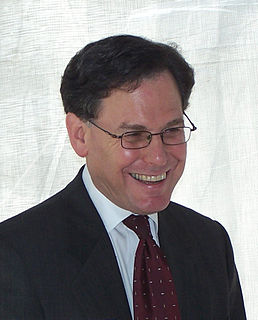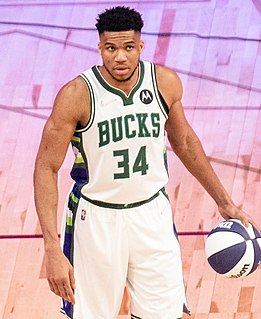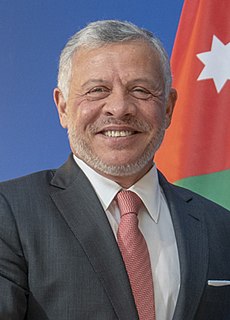A Quote by Tony Blair
I think the people like myself who are in the center ground of politics and who think that center left and center right can cooperate and work together. Who don't like this sort of insurgent populism because we think it's not really going to deliver for the people, I think there's a big responsibility on us in the center to get our act together. And to work out radical but serious solutions to the problems people face.
Related Quotes
I think the single most important political distinction today is actually between open-minded versus closed-minded, and that's why I think this crosses the boundaries of traditional - center-right and center-left have much more in common with each other right now than the right does with the center-right, and the left does with the center-left.
The Donald Trump phenomenon in the U.S. is mirrored completely by the Brexit phenomenon in the U.K. It's very similar forces. And what is interesting to me is there are two different groups that come together, who don't really agree with each other, but have come together in unity against, if you like, what is perceived as the status quo, or - and certainly what is a more center-right or center-left type of politics.
When most people see the word "radical," they think that it must refer to something left wing. Some people also may think of it as referring to far right-wing marginal groups. But here we have a president of the United States [George W. Bush] at the center of power, sitting in the White House, who is a radical.
I hope people appreciate Chancellor Merkel because, although she traditionally is considered center-right and I'm considered center-left, the truth is that we share those core values, and those are worth protecting. As the senior leader in Europe, as the leader who's been longest lasting, I think she has great credibility, and she is willing to fight for those values. I'm glad that she's there, and I think the German people should appreciate her. Certainly, I have appreciated her as a partner.
The center has had the challenge of always having to be reasonable, balanced. If you're on the right, you can reach to the right; and on the left, you can reach left. But the center hasn't always sold as well in politics - it doesn't fit neatly on a bumper sticker. But what we're seeing is that citizens in countries around the world are realizing that, no, it's more important to be responsible and optimistic and thoughtful about the solutions and not feed knee-jerk, negative emotions.
And as an American colleague said to me several months ago, he said, 'I think the challenge in Jordan - and, again, this is for the rest of the Middle East - we need to define what center is. And once we can define what center is to a Jordanian, then we can decide what's left and what's right of that.









































